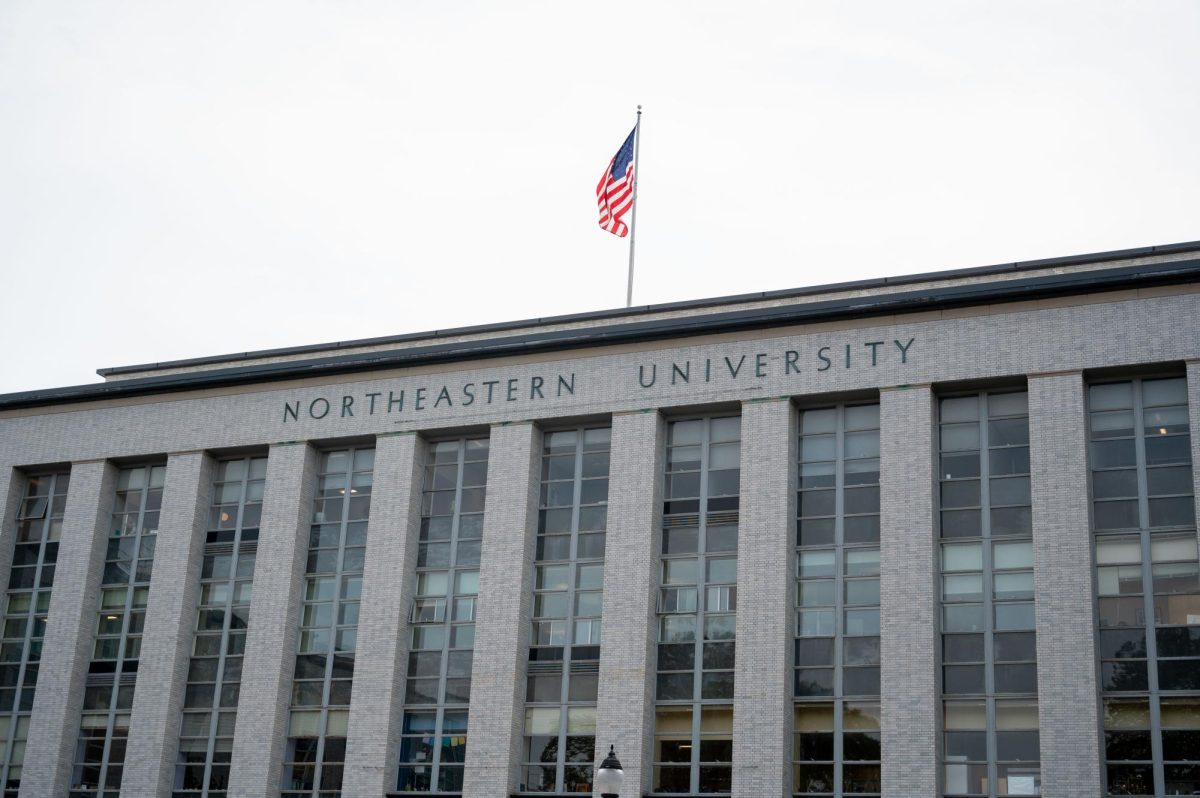By Dennis Coppola
Financial scandals may be one of the reasons why the Dow Jones Industrial (DJI) and NASDAQ have been sluggish in mid-November.
According to CNBC, Putnam Investments was the first financial institution to be caught in the recent improper trading scandals. The number five U.S. mutual fund company was presumed to be using market timing to buy and sell securities of mutual funds.
Putnam’s parent, insurance broker Marsh ‘ McLennan (MMC), said during a regulatory filing, assets under management were $256 billion as of Nov. 14, according to Reuters.
This number fell 3 percent from the $263 billion the company reported a week earlier.
Since the scandal broke, Putman has lost over $19 billion in assets under management, considering it reported $277 billion in assets at the end of October.
Three executives from the Security Trust Company were charged with grand larceny, as reported through CNBC. The executives allegedly took over $1 million from clients. The charges specifically pertained to those executives who acted as a middleman for late day trading by buying at a winning bid price that already existed at market close.
On Nov. 17, Morgan Stanley agreed to pay $50 million to the SEC because brokers did not disclose extra loads and fees regarding B shares of certain mutual funds to clients. B shares are, by definition, mutual fund shares of a class that carry a back-end load, or a sales charge that is paid when an investment is sold.
“I regret that some of our sales and disclosure practices have been found inadequate,” said Philip Purcell, Morgan Stanley’s chief executive, in a statement.
While improper trading has put a minor setback on the DJI from 9,936.31 to 9,576.91 points, it has climbed this year from 7,397.31 to 9,936.31 from March 11 to Nov. 3.
Seemingly, investors have been pulling back funds recently due to lack of confidence within the financial district. Despite the scandals, positive economic factors may anticipate an encouraging upswing for the market conditions in the coming quarters.
On Nov. 25, according to CNBC, a larger than expected gross domestic product (GDP) lifted to 8.21 percent. Some analysts have expected between 7.6 percent to 8 percent. This is the highest increase in GDP since 1984. The consumer confidence level has also increased from 81.7 in October to 91.7 percent in November.
With the increase in consumer confidence regardless of the scandals that have plagued the market in the recent past, there may be hope for an economic rebound, no matter how slight, in the near future. This may be an indication that this consumer spending will increase this holiday season and is on its way to a strong economic rebound in 2004.









